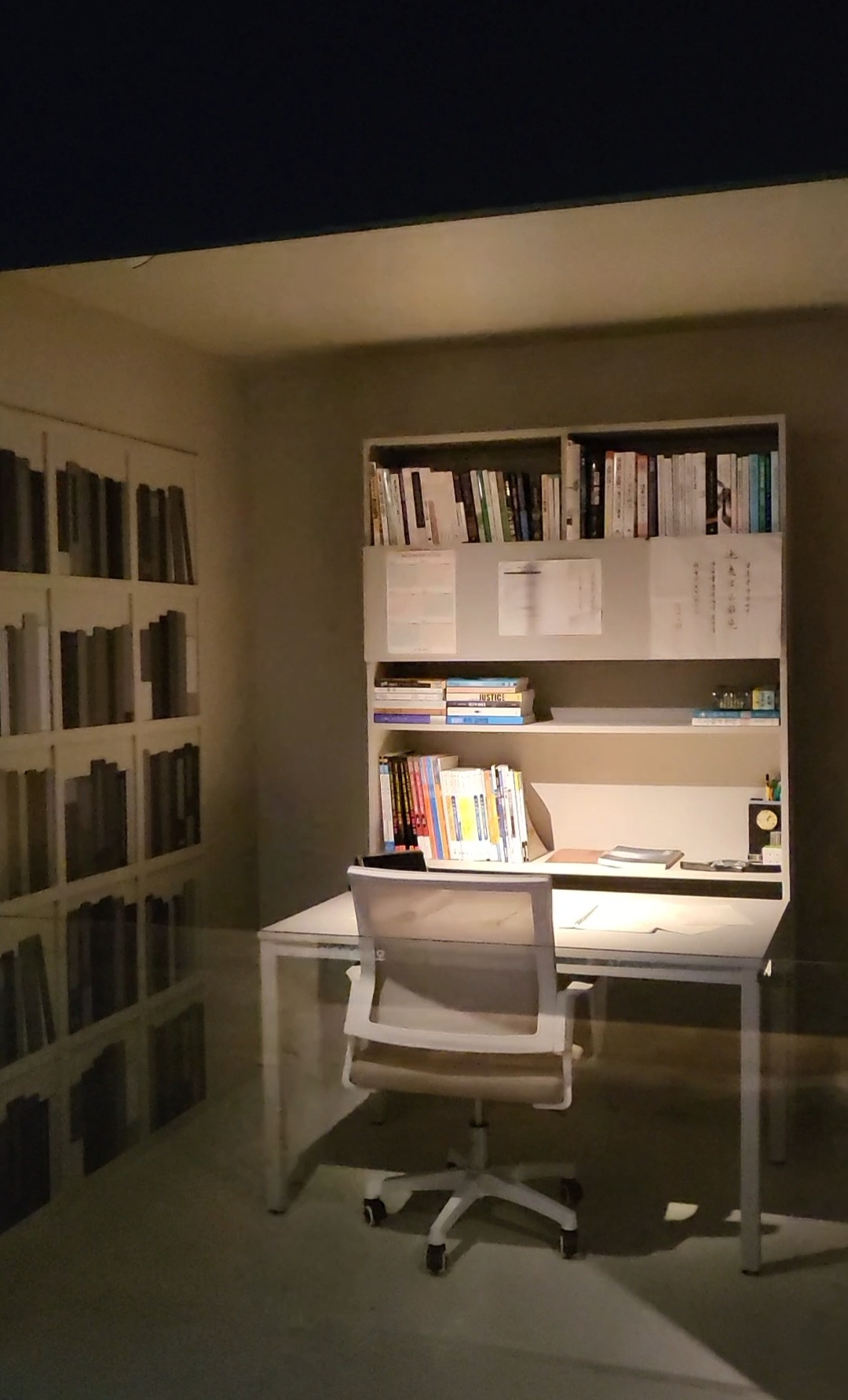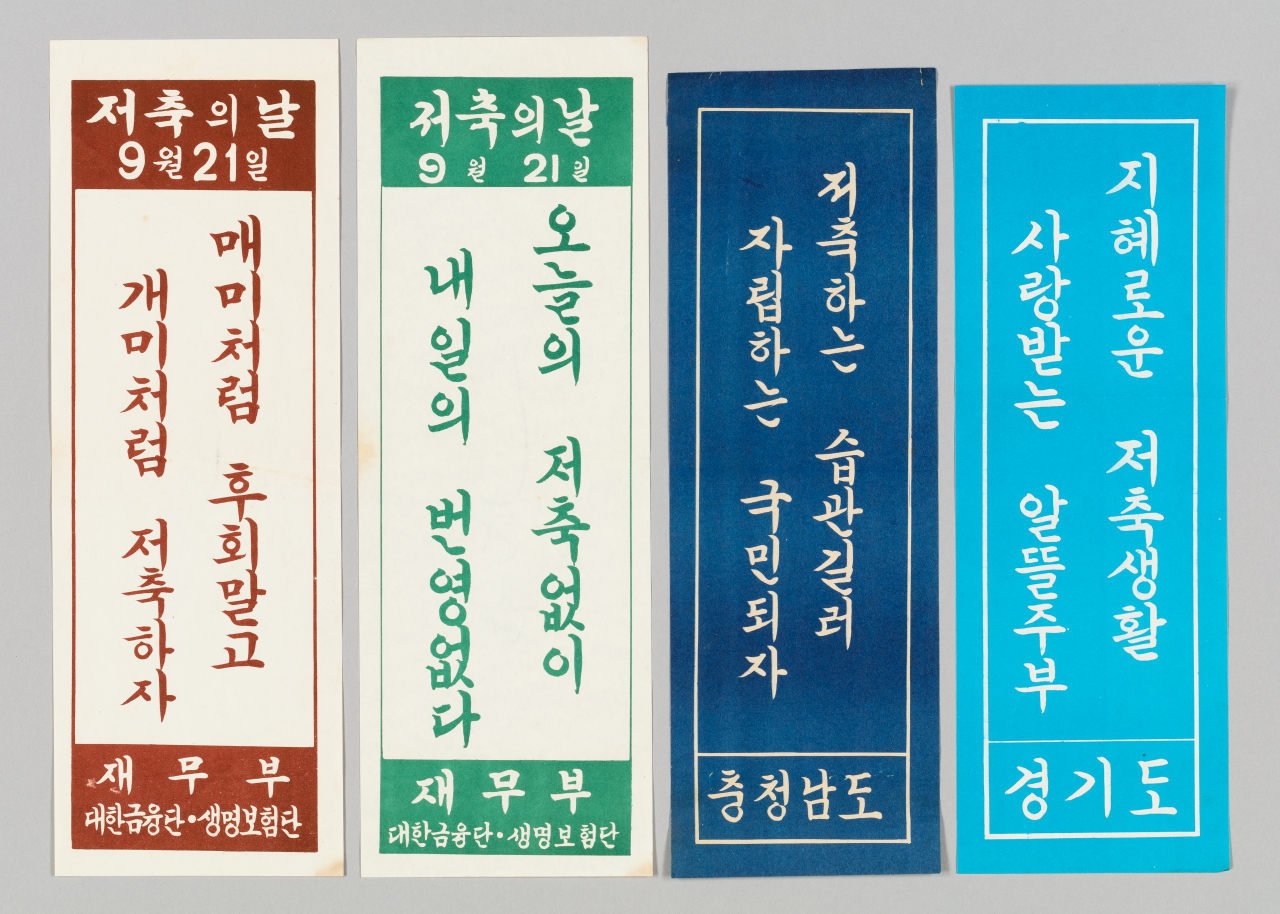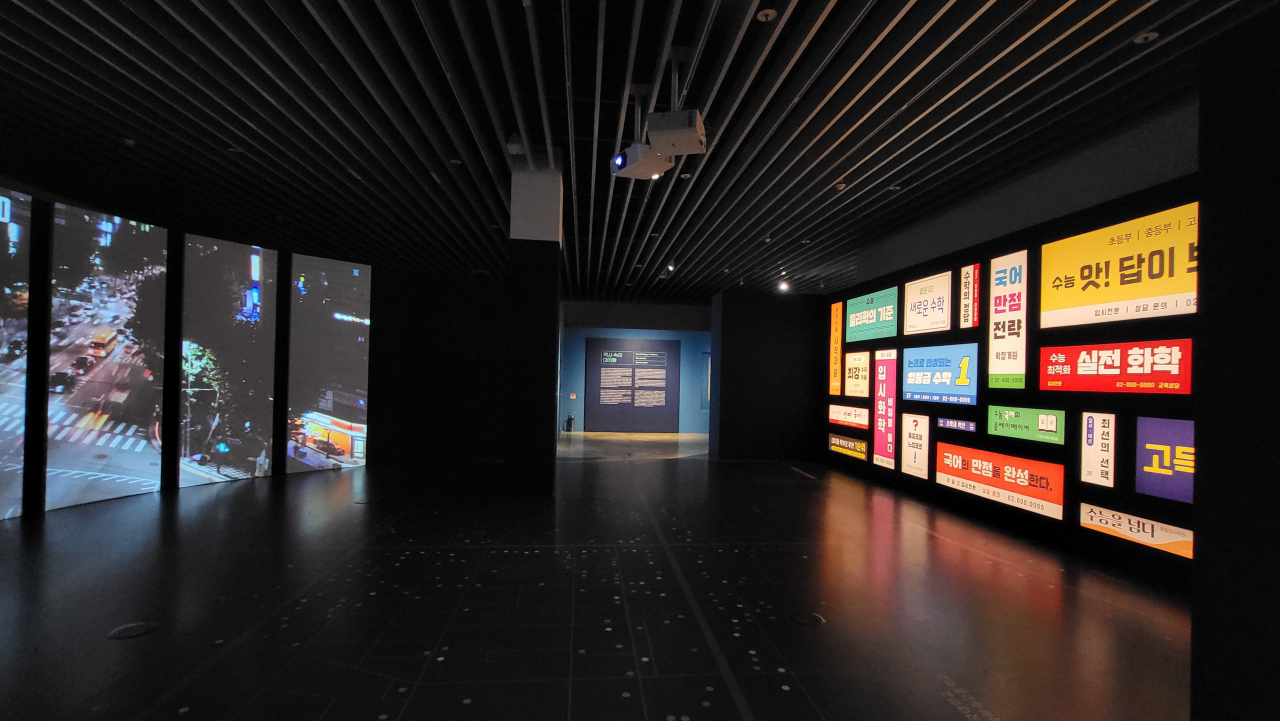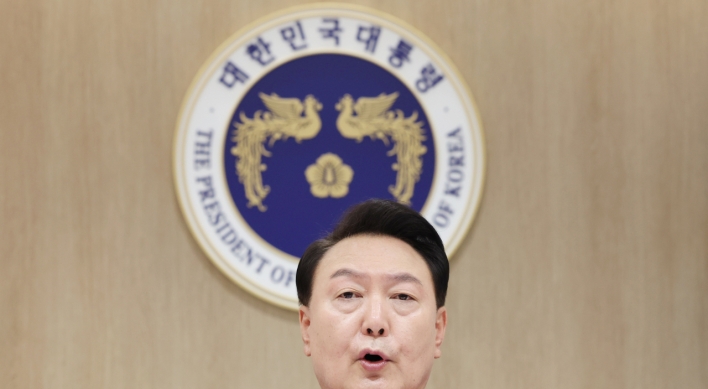Exhibitions on Korean dreams of wealth, education point to uneasy future
By Kim Hae-yeonPublished : March 8, 2023 - 16:02

South Korea, today famous for its K-pop culture, had a different reputation only a few decades ago, as a country that achieved rapid economic growth through the tireless work of its people.
Emerging from the depths of war-induced poverty, Koreans had a deep-rooted thirst for higher education. This thirst not only resulted in accomplishments like Korea's students ranking among the top three countries in the Organisation for Economic Cooperation and Development in computer-based problem-solving assessments, but it was also a driving force in the country's rapid economic growth.
This zeal for education and dreams of big money are currently being explored in exhibitions at two Seoul museums.
A special exhibition on Koreans’ accumulation of wealth is now underway at the National Museum of Korean Contemporary History, in Gwanghwamun, Jongno-gu, until June 25.
The exhibition, titled "Dreams of Big Savings: Household Finance in Korean Contemporary History," delves into ways Koreans accumulate large sums of money, or "mokdon."

Through a comprehensive collection of personal savings account passbooks, insurance documents, posters and cartoons, the exhibition reveals how Koreans' aspirations to get rich went hand in hand with the country's economic growth.
However, the inevitable social costs of “dreaming of big money” and the ever-widening wealth gap remain unanswered.
"How much can be considered ‘mokdon' is very subjective in a city like Seoul," a school teacher in her 40s visiting the exhibition told The Korea Herald. "In contrast to a variety of reasons for saving money in the past, it appears that nowadays, the primary objective is to invest and generate greater returns," she said.
Having more to spend on one's children's education has been a major reason for accumulating wealth in Korea.
A special exhibition at the Seoul Museum of History called "Hanti Village Daechi-dong" tells the history of Daechi-dong, the country's premier district for private education.
As of 2021, Gangnam-gu had 2,383 registered hagwon, or private academies. The district is where 10 percent of Seoul's private academies are located, and half of these are clustered in Daechi-dong.
Shim Han-byul, a senior researcher at the Seoul National University Center for Asian Urban Societies who led the research for the exhibition, said that he was initially cautious of presenting the topic in exhibition form, since Daechi-dong's education boom is an issue that is very close to the hearts of Koreans.
"Before beginning my research, I might have had prejudice against Daechi-dong as a soaring spire of individual greed intermingled with unethical behaviors," Shim told The Korea Herald. "However, after conducting interviews and researching relevant documents, I found that they are individuals who have made rational decisions that fit within Korea’s social institutions."

The rapid urbanization of the neighborhood brought hopes and promises of success to its residents as it gave them the advantage of registering their children at leading private academies in the area. This asset was highly valued by many and led to Daechi-dong’s soaring housing prices.
Shim emphasized that it is crucial to look at the phenomenon from a distance, to observe the situation objectively and to examine other countries' experiences in order to plan ahead.
"All of us are under pressure to live a better life tomorrow. This starts from building a sensible community that can share others' pains and sorrows as well as joys, rather than comparing and competing with one another," he said.












![[KH Explains] How should Korea adjust its trade defenses against Chinese EVs?](http://res.heraldm.com/phpwas/restmb_idxmake.php?idx=644&simg=/content/image/2024/04/15/20240415050562_0.jpg&u=20240415144419)







